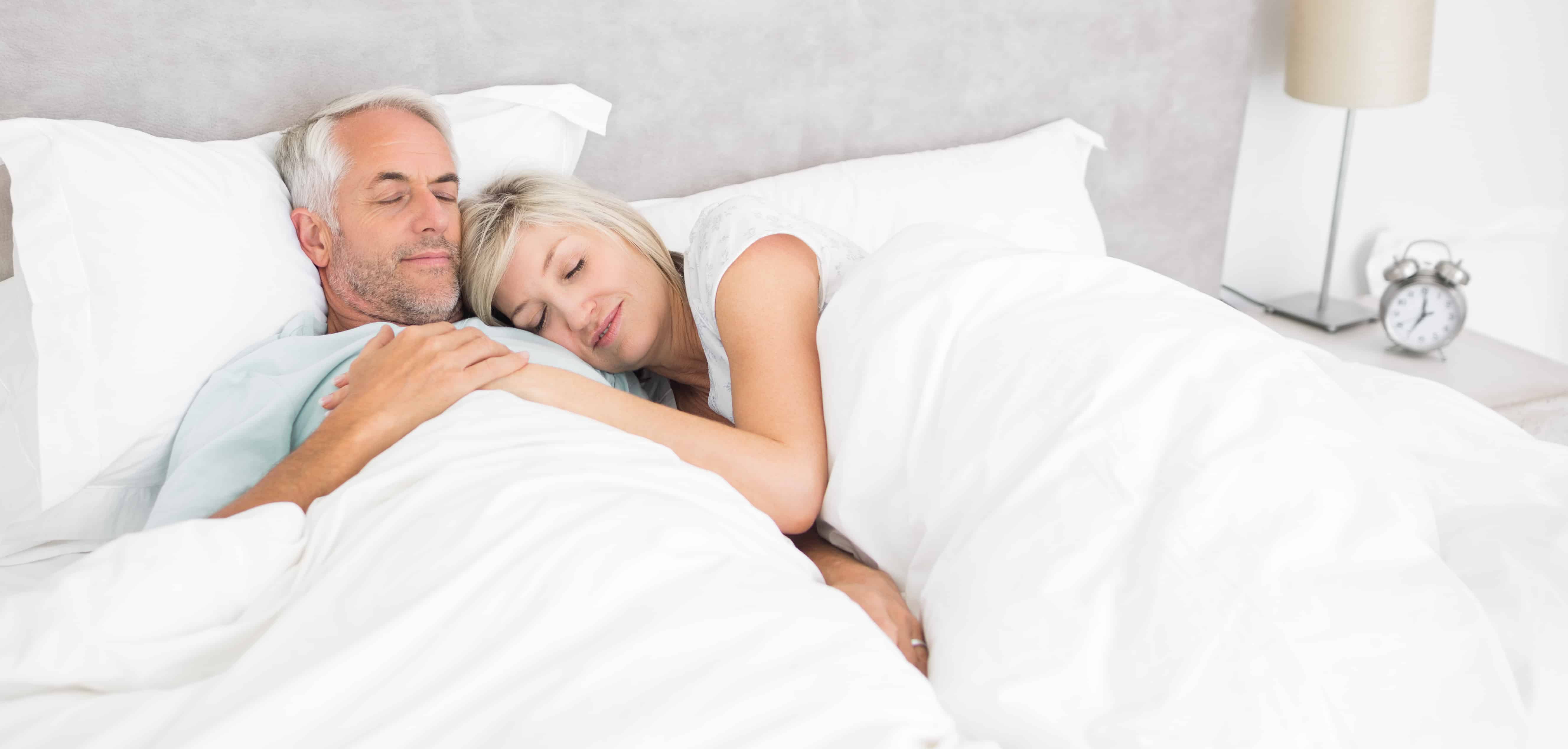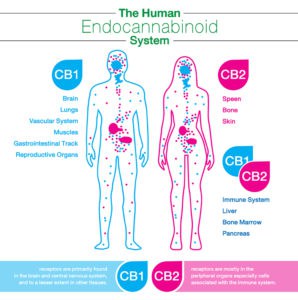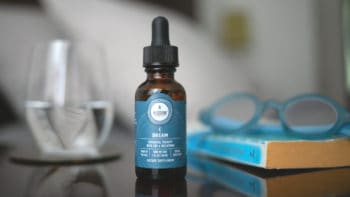Guide to CBD for Sleep

Everyone needs sleep. Without enough sleep, we don’t just get tired–our health can suffer. Lack of proper sleep can mean a much higher risk of getting serious, chronic diseases like heart disease and diabetes, not to mention mental health issues such as anxiety and depression. You may have tried sleeping pills, only to experience unwanted side effects. Fortunately, CBD can be a powerful sleep aid, without all the grogginess and other undesirable side effects of drugs.
Does CBD help with sleep?
Yes it does!
If you want better sleep, CBD can help. While more research is needed, preliminary research shows that CBD usage can help improve sleep quality.
What are the benefits of using CBD for sleep?
With sleep disorders on the rise, people are looking for natural alternatives to sleeping pills. CBD usage can mitigate poor sleep in a number of ways. One, CBD relieves pain that can interfere with deep sleep. Two, the right CBD dosage can reduce anxiety and help relax the mind and body to alleviate sleep disorders.
How many Americans suffer from chronic sleep disorders?
Sadly, sleep disorders are so common that as much as 80 percent of Americans deal with some sort of sleep problem each week.
How does CBD interact with receptors in the endocannabinoid system (ECS) to affect the sleep cycle?
Each person has a unique endocannabinoid system that contributes to the regulation of physiological processes, including circadian rhythms. CBD can connect with endocannabinoid receptors to positively influence the sleep cycle.
CBD and insomnia
Insomnia is one of those sleep problems that can really ruin your overall quality of life. No one likes to feel tired all day. But once your sleep pattern is off, it can be difficult to get your “sleep scores” back up again. Fortunately, CBD can help.
How can CBD help with insomnia?
Insomnia can often happen when our circadian rhythm gets thrown off, such as being up late for a special event or some other type of sleep disturbance. But insomnia often just happens due to chronic stress.
How does insomnia affect a person?
Any type of poor sleep has a negative impact on the body, especially in the long run. It can lower your immune system defenses and slow down tissue growth and regeneration. If you have sleep deprivation due to chronic insomnia, it can also negatively impact your mental health. If you don’t get enough REM (rapid eye movement) sleep, it could potentially increase anxiety and depression.
How soon after taking CBD for your insomnia will you notice a difference?
First of all, it may depend on the CBD product you are taking. A low-quality CBD oil will take longer to work (if at all) than a high-quality CBD oil. Since insomnia tends to be a chronic sleep disorder, your body will need some time to adjust to CBD, usually a few weeks.
CBD and sleep apnea
Getting a good night’s sleep can be difficult if you have sleep apnea. Having apnea can really negatively impact your sleep quality. It can disrupt your sleep cycle, affecting your ability to obtain enough REM sleep. CBD may be able to help, however you may need to see a doctor to properly diagnose and treat the issue.
What causes sleep apnea?
Sleep apnea is a sleep disorder with multiple causes. Obstructive sleep apnea is when the breathing airway collapses or becomes blocked as you sleep. Blockages might stem from various physiological issues, including a deviated septum or even obesity. Central sleep apnea is a nervous system disorder where the brain isn’t sending the right signals for proper breathing.
What are the side effects of sleep apnea?
If sleep apnea is not treated, it can have negative effects on physiological and psychological well-being. For one thing, if you have chronic pain, it will just make it worse, because you aren’t getting enough rest at night. But sleep apnea can also contribute to problems such as low oxygen levels, high blood pressure, liver problems, and a weakened immune system. It can cause depression and anxiety.
How can CBD help with sleep apnea?
While the cannabinoid CBD might not be able to cure your sleep apnea, it can still give you better sleep. As with insomnia, CBD can help soothe the mind before you fall asleep. CBD’s pain-relieving qualities also act as a sleep aid, since you will be less likely to toss and turn.
What types of CBD help with sleep?
CBD can help with sleep, but some types of CBD are better for this purpose. Read on.
What are the different kinds of CBD that are available?
You’ll find many different CBD products on the market that contain CBD isolate or CBD extract. (For a glossary of terms click here.) The types of CBD include CBD oil, CBD tinctures, CBD topicals, CBD capsules, CBD softgels, and even vaping CBD. Different CBD brands market their CBD in different ways, such as “pure CBD” or “full-spectrum CBD.” Unfortunately, not all CBD oils are made the same. If you are wondering why your CBD is not working for you, it may be the CBD is poor quality. However, proper dosage is also important (see below).
What type of CBD sleep aids are on the market?
You’ll also want to use the right delivery system for sleep. CBD oil tinctures may work better for sleep than CBD topicals that just work on a specific area. If you are looking for the convenience of a simple edible dose, a CBD gummy is also a good option. The most important thing to consider is the quality of the CBD. The higher quality the CBD (like Wisdom Essentials), the better your results. We recommend either a CBD tincture or CBD gummy (like our CALM Gum Drops) for sleep. You might find one that better suits your personal tastes and lifestyle.
Consuming CBD for Sleep
Consuming CBD for sleep can be as easy as taking a vitamin.
What are the best ways to take CBD for sleep?
As mentioned, you will need ingested CBD for sleep—a topical CBD oil or cream won’t help with sleeping problems. Popular CBD products for sleep are CBD oil drops in a tincture or a CBD gummy. A tincture is often the best way for the body to process the CBD isolate and reach the cannabinoid receptors. This is because tinctures don’t need to be digested like CBD edibles or even CBD capsules.
What can you expect when using CBD for sleep?
If you are taking CBD for a sleep disorder, you should gradually see an improvement in your sleep cycle. You may also feel more refreshed and rested in the morning.
How soon will you start sleeping well after taking CBD?
When the sleep-wake cycle is disrupted, it can take a while before it resets using CBD as a sleep aid. Unlike a fast-acting sleep sedative, CBD works over a period of time to improve sleep. Therefore, you should start seeing results over time.
CBD Dosage for Sleep
Many people wonder what the correct CBD dosage is for a sleep disorder. The good news is that CBD appears to be a great sleep aid. If you have a sleep issue, a quality CBD tincture may make a huge difference.
What dosage of CBD should you take to improve your sleep?
What dose of CBD do you need? CBD dosage is often more of an art than a science. You’ll see a wide range of dosages recommended on the internet. The right daily dosage for you will depend on your individual needs as well as your weight and other factors. A common calculation is one to six milligrams (mg) for every ten pounds of body weight. Thus, if you are 150 pounds, your CBD dose could range from 15–90 mg.
What are the side effects of taking too much CBD for sleep?
What happens if you take too much of a CBD product? First, you’d generally need to take quite a bit of CBD oil before having any negative effects. Mainly, too much CBD may make you lethargic (which makes sense since we are taking it for sleep), but it can have other side effects. Some of these include stomach upset, dizziness, irritability, and dry mouth. If you experience any side effects, simply back off on the dose.
How do you find out what dosage of CBD you need?
We recommend starting on the lower end of the recommended dosage for your weight and then working up. For example, our CALM tincture contains 33 mg of CBD per dropper. Thus, if you weigh 150 pounds, which has a dosage range of 15–90 mg, you could start off with a half a dropper and then potentially work up from there.
CBD and melatonin
If you want a truly powerful sleep combination, try CBD and melatonin. Melatonin is a popular sleep aid because it’s a natural hormone that our bodies produce. The problem is, we may not be producing enough of it, in part because artificial lighting confuses our melatonin production. (Our brain releases melatonin when it gets dark.)
What does melatonin do for the body?
Melatonin can help establish a healthy sleep cycle because it helps you go to sleep faster and stay asleep longer while improving overall sleep quality. It can also alleviate jet lag.
How can CBD and melatonin help with sleep?
While they work differently, the CBD cannabinoid and melatonin hormone can work synergistically to help give you better sleep. Melatonin will help regulate the sleep cycle, while a CBD sleep aid such as CBD oil or a CBD gummy helps to relax the mind and body. A CBD isolate alone may not be enough to conquer chronic sleep problems such as insomnia.
What dosage of melatonin should someone take to improve their sleep?
Like CBD, melatonin dosages can vary per person, and too much melatonin can actually be counterproductive and energize instead of sedate. Adults generally take between 1 and 5 mg an hour before bedtime. Our DREAM therapy contains melatonin (along with Myrcene, Terpineol, Terpinolene and mandarin) to provide a formula that is optimized to promote and sustain healthful rest.
Terpenes for sleep
While CBD oil is often touted for sleep, many people are unaware of the benefits of terpenes for sleep.
What are terpenes?
Terpenes are plant chemicals that are different from cannabinoids. (Thus, a CBD isolate does not contain terpenes.) The fragrances that you smell in plants come from terpenes. In fact, the lovely smells that come from essential oils are basically terpenes. The purpose of terpenes in nature is to attract pollinating insects like bees. They can also repel pests. The hemp and cannabis plant both contain fragrant terpenes. In fact, each cannabis strain has its own unique configuration of terpenes. This is why different strains of cannabis have different fragrances, such as mint, berries, or lilac. While it’s not important to remember the specific names of terpenes, they include terpineol, terpinolene, myrcene, and mandarin. These terpene isolates have different effects on the body.
How can terpenes be used for sleep?
Some terpenes help improve sleep quality because they have a sedative effect that relaxes the mind and body. For this reason, they can be a great sleep aid. For example, the terpene myrcene is known for enhancing relaxation, including easing muscle tension, which can help with sleep. Terpineol also helps reduce anxiety and has anti-inflammatory, antioxidant, and antimicrobial qualities. Another sedating terpene is terpinolene. One more terpene that may help with REM sleep is the calming mandarin oil with its mild citrus scent.
Which products use terpenes?
Not all CBD products or CBD tinctures contain terpenes, because the CBD has been extracted from the rest of the plant. At Wisdom Essentials, many of our relaxing CBD formulas include terpenes, including our DREAM tincture and our CALM formula.
CBD with melatonin and terpenes for the best sleep
With so many CBD sleep aids to choose from, you might be wondering which is best. Webelieve our CBD sleep products are a cut above the rest. Why? We combine CBD with melatonin and natural terpenes to improve sleep on multiple levels with a three-pronged approach. Our physician-formulated Wisdom Essentials DREAM tincture combines these essential ingredients to create a safe and natural sleep aid.



